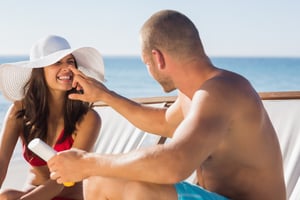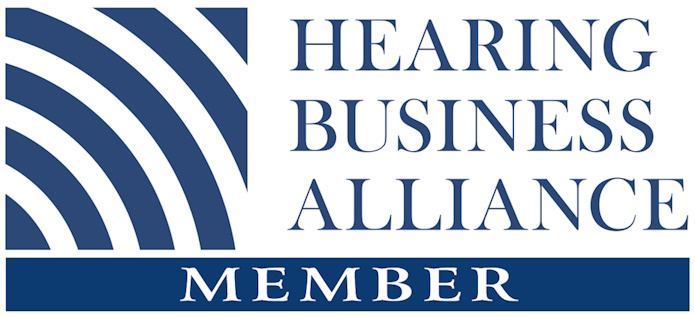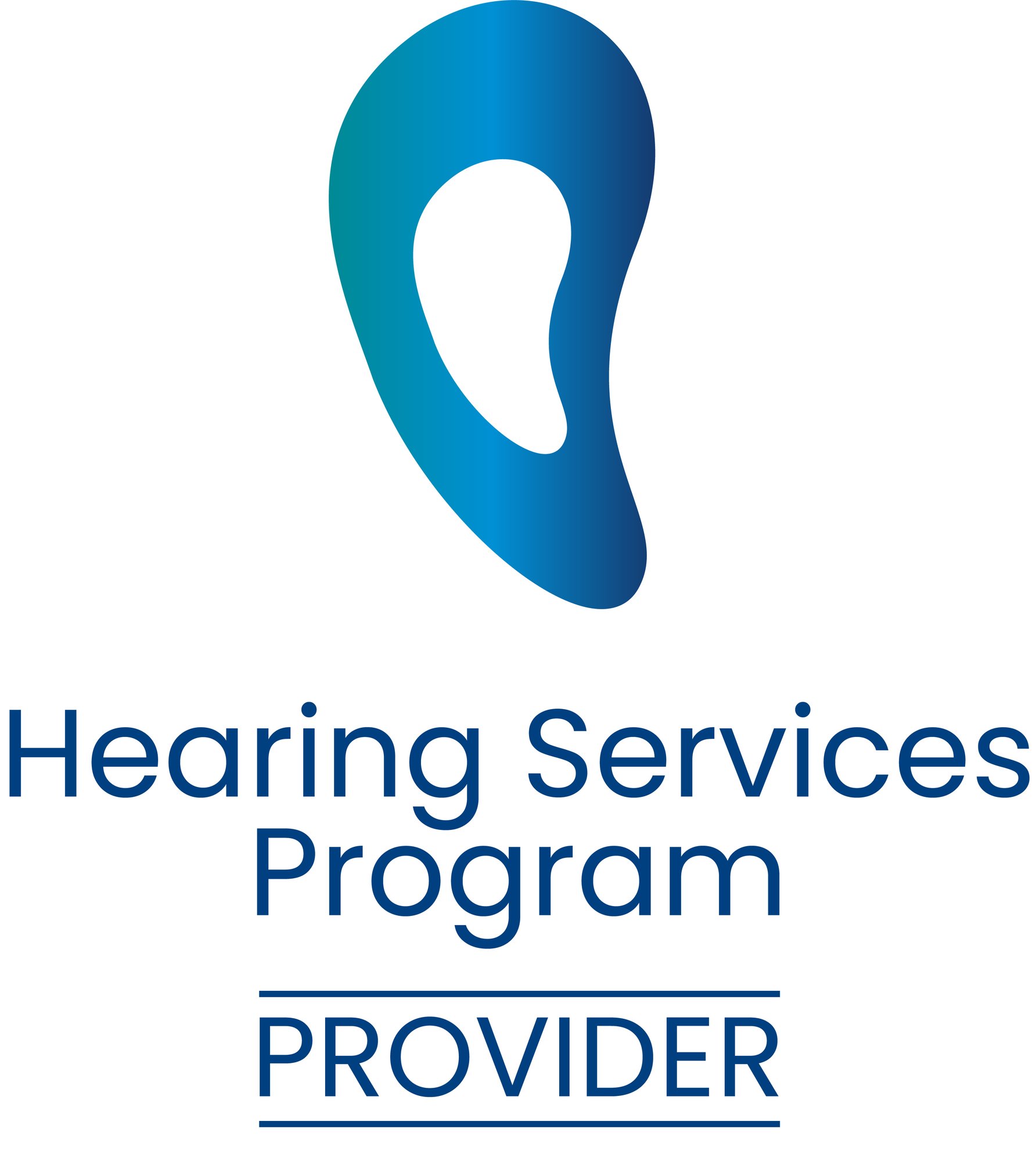Time to Read: 4 minutes
 Summer is on its way and we’ve been encouraged to ‘slip, slop, slap’ for quite a few decades now, but are you taking care of your ears as well?
Summer is on its way and we’ve been encouraged to ‘slip, slop, slap’ for quite a few decades now, but are you taking care of your ears as well?
Ears are just as susceptible to burning and skin cancers as other part of your body, so if you also wear hearing aids, you need to be additionally careful.
According to the Australian Cancer Council, sunscreen should be applied at least 20 minutes before sun exposure. So slopping on the sunscreen can be done before you leave the house.
Remove your hearing aids before applying sunscreen to your face, neck and ears. Wait for it to dry while you wash and dry your hands, then you are ready to put your hearing aids back on.
For maximum sun protection, be sure to reapply the sunscreen every two hours and wear a brimmed hat (instead of a cap) to protect your ears.
The most common type of skin cancer to appear on the ears is basal skin carcinoma. The first sign is a scaly area of skin which does not go away even after applying moisturiser, this is followed by the development of a pearly white bump which may turn into an ulcer.
If the skin cancer has to be removed by surgery, it means you might need to consider an alternative to your current hearing aids.
Behind-the-ear hearing aids are popular for their size, ease of use and modern features, however if you have lost a part of your outer ear (the pinna) to skin cancer, you may need to consider an in-the-ear model.
This should be discussed with your audiologist.
 If you are planning to enjoy some fun in the water, be sure to take your hearing aids out before they get wet. You’d be surprised how many people come to us on a Monday morning with tales of drenched hearing aids.
If you are planning to enjoy some fun in the water, be sure to take your hearing aids out before they get wet. You’d be surprised how many people come to us on a Monday morning with tales of drenched hearing aids.
We have an article here on what to do if your hearing aids get wet but in summary:
- Don’t panic
- Do act quickly
- Don’t leave your batteries in.
- Do rinse your hearing aids in clean water if they were dropped in soapy or salty water
- Don’t use heat.
- Do use a desiccant or your hearing aid’s dehumidifier/dryer unit to try your aids
As the summer days get longer and more humid, it is important to keep your hearing aids free of moisture.
When you’re out and about during the hot days, be sure to keep a small cloth to give your aids a quick wipe over to help keep them clean and dry. At night, use desiccants or a drying kit.
We have a great article here on how to use a D-Dry kit to protect your hearing aids.

